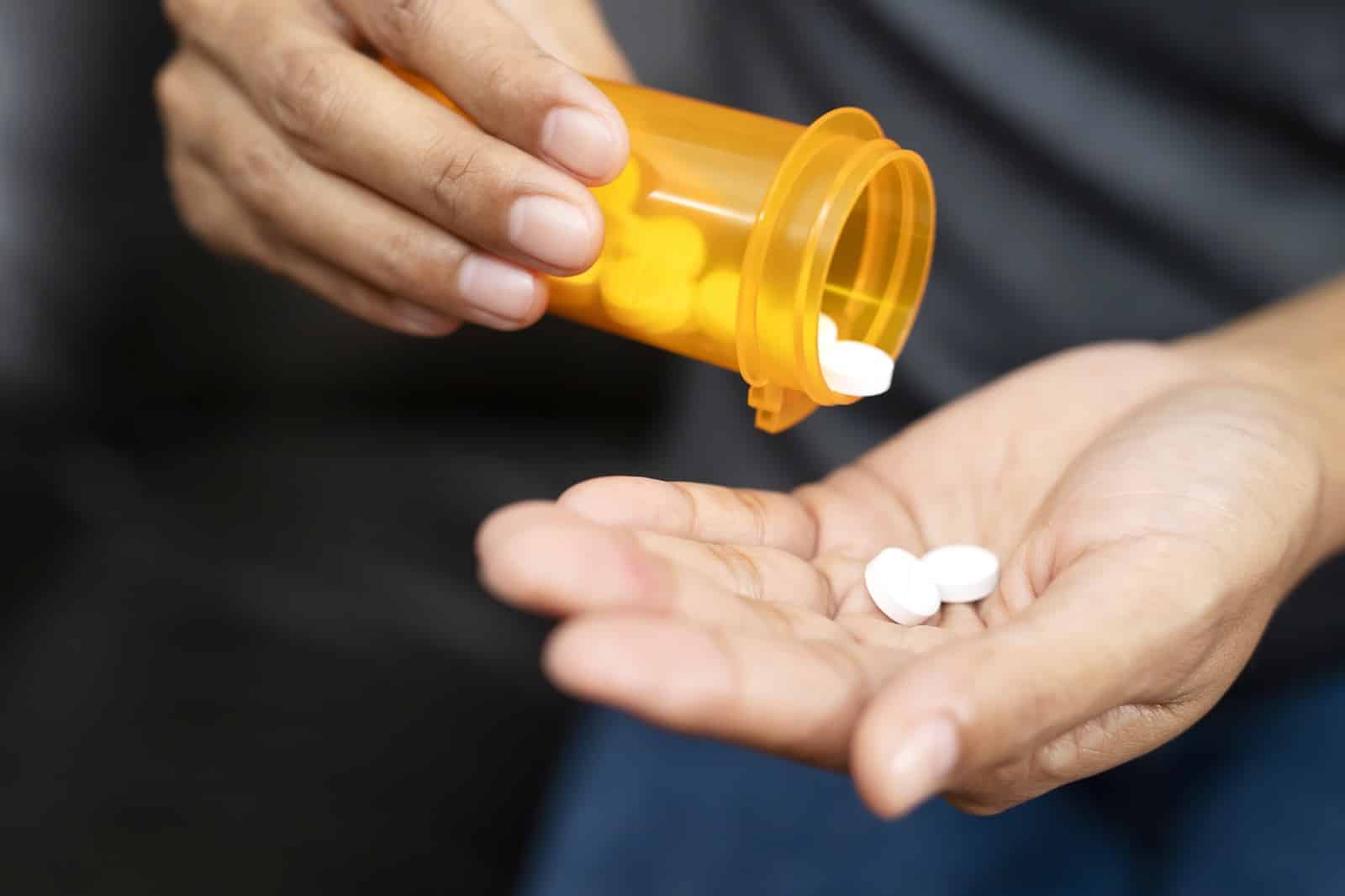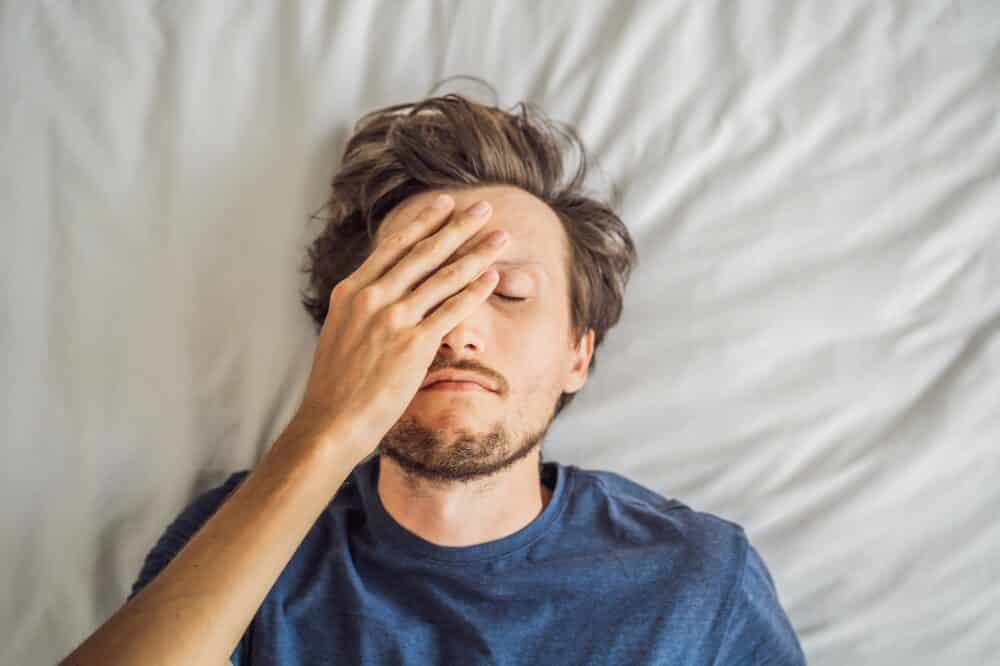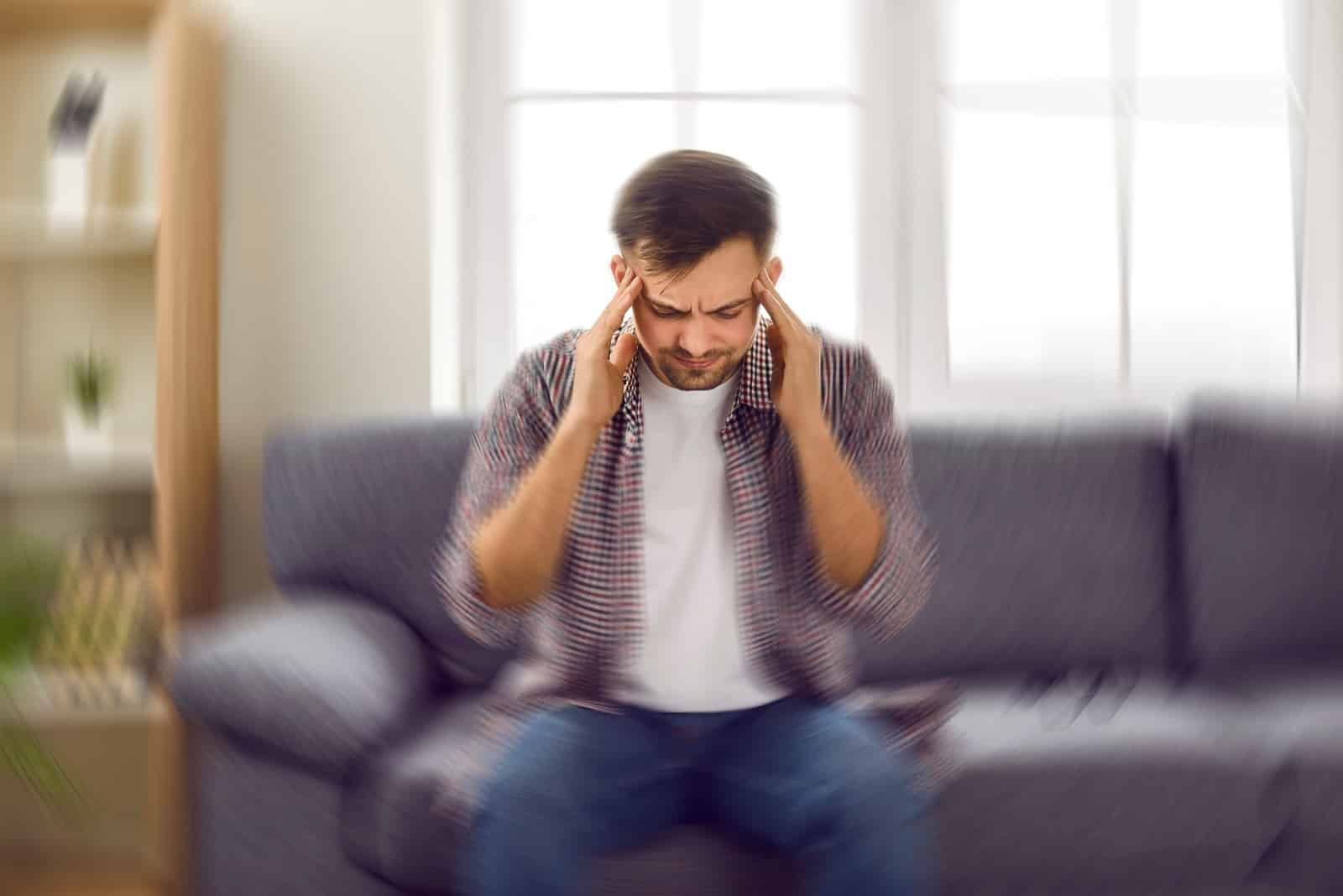By state
By City
The Benzodiazepine Crisis
Psychiatrists and primary care providers are prescribing benzos for nearly 92 million U.S. patients every year. And yet little is truly understood as to the experience of those who take it only to later discontinue the prescription drug.[1]
The risk of benzodiazepine dependence is extremely high, and benzodiazepine taper schedules must be safely planned and conducted by qualified clinicians and providers.
Healing Begins At Gallus Medical Detox Centers

Solutions For Benzo Addiction
If you or a loved one is struggling with substance use disorder due to a benzodiazepine prescription, there is hope. There are other evidence-based and effective treatment options available to help you restore the life you love. It’s important to remember not to discontinue benzodiazepine use on your own, as this could lead to serious withdrawal symptoms and complex cravings. Medication-assisted detox is the safest and most reliable form of benzo detox.
Do I Need 

Benzodiazepine Drug Facts
Benzodiazepines are classified as anxiolytics and are considered schedule IV controlled substances. Benzodiazepine active ingredients and brand names include alprazolam (Xanax®), chlordiazepoxide (Librium®), diazepam (Valium®), lorazepam (Ativan®), oxazepam (Serax®), and Clonazepam (Klonopin®).
A prescription medication, benzos come in three types, long-acting, intermediate, and short-acting. High-dose and low-dose varieties are also prescribed, depending on the severity of the patient’s condition and their individual needs.
A benzodiazepine prescription works by enhancing the neurotransmitter GABA receptors in the brain. Long-term benzodiazepine use may confuse the regulation of GABA receptors, and abruptly discontinuing them may do the same.

Benzodiazepine Uses
Providers in the field of psychiatry prescribe these medications as an evidence-based treatment option for several conditions. Benzodiazepines are prescribed by mental health care providers to treat sleep disorders, depression, anxiety, panic attacks or panic disorder, epilepsy, and other mental health concerns.
These medications produce feelings of calm and euphoria. However, prescribing them is not without complications. They can also cause hostility, disturbing or vivid dreams, amnesia, irritability, and benzodiazepine dependence.
About Our Treatment Facility & Benzo Taper Protocol
Founded by Dr. Gallus, our treatment facility emphasizes medical safety and patient comfort when planning every treatment protocol. Manned and managed by highly-trained and qualified personnel, Gallus Medical Detox offers safe, effective, and personalized treatment for individuals struggling with substance use disorder and alcohol addiction.
Our inpatient detox and outpatient treatment programs were designed to match our core values of compassion, collaboration, and excellence in detox care. We work diligently to ensure patient safety and comfort at every turn.
Other key features of our substance abuse program for benzodiazepine dependence include:
Gallus Medical Detox: Benzodiazepine Taper Protocol
Benzo dose reduction is a complex process that should never be undertaken without the direct oversight of a qualified clinician, primary care physician, or psychiatry provider. Each patient’s taper schedule will be custom to their needs based on the form and total daily dose.
Overly rapid tapers put the patient at increased risk for seizures, unnecessary suffering, and potentially life-threatening effects. Overly lengthy tapers drag out the process and maintain the patient’s benzodiazepine dependence unnecessarily.
At Gallus Medical Detox, our interventions for tapering benzodiazepines are evidence-based and conducted within the format of our outpatient program. As industry standard practice, there are several types of taper schedules.
Standard Slow Taper
Dosage reduction by one-quarter of the prescribed amount over four weeks may work for some patients but is not recommended in most cases. Even this small reduction could be too rapid for GABA receptors to adapt safely.
Gallus Slow Taper
A more gradual dosage reduction process, or micro-taper, will take longer but significantly reduce the severity of withdrawal symptoms the patient experiences. Medications will be modified by no more than 5% to 10% of the current total daily dose and maintained until withdrawal symptoms plateau or cease.
When tapering benzodiazepines, the medication will either be cut with a scale, compounded, or prescribed in a liquid form. Depending on the patient’s response to treatment, this process could last anywhere from eight months to a year. While this may seem long, it’s absolutely critical to take it slow for the patient’s safety and the best chance of recovery success.
Comprehensive Treatment Options
Each patient will have a structured and individualized treatment plan that includes supplemental treatment options such as Cognitive Behavior Therapy (CBT), medication management, group therapy, regular follow-up appointments with mental health providers, and other evidence-based interventions.
Benzodiazepine Taper Frequently Asked Questions

Side Effects of Benzodiazepine
The short-term and long-term use of benzodiazepines is accompanied by side effects ranging from mild to severe.
Short-Term Side Effects
This category includes common effects such as light-headedness, slurred speech, feeling drowsy, general confusion, being unsteady or falling easily, dizziness, and memory problems. While not immediately life-threatening, if benzodiazepine use is continued long-term, effects could increase, and a benzodiazepine dependence could intensify.
Long-Term Side Effects
The long-term effects of medications classified as benzos is similar to the long-term effects of alcohol. Effects could include depressive disorders, mania, sleep disorders, chronic anxiety, delirium, post-traumatic stress disorder (PTSD), sexual dysfunction, and neurocognitive disorders.
Scientific Studies On The Social Side Effects
In a study conducted about the therapeutic advances in psychopharmacology, benzodiazepine users were asked how this prescription medication and the ensuing symptoms affected their lives. The results were astonishing.
Over 82% of respondents reported problems at work, 46% lost their job, 86% experienced difficulty with social interactions and friendships, and nearly 89% experienced negative interactions with fun activities, recreational pursuits, and hobbies they used to love.
Over 54% reported experiencing suicidal thoughts or that they had attempted to take their own life. The most surprising response, however, was that the majority (76%) of those interviewed reported that they were unaware a benzodiazepine prescription was intended only for short-term use and that it would be difficult to discontinue the drug.[2]

Common Benzodiazepine Withdrawal Symptoms
The severity of withdrawal symptoms will vary based on the short-term or long-term use of benzodiazepines. Some common symptoms include:
- Headaches
- Nausea and vomiting
- Sleep disruption
- Chronic irritability
- Abdominal cramps
- Feeling agitated
- Convulsions and tremors
- Severe panic attacks
- Episodes of psychosis or hallucinations
- Seizures
Because these symptoms are severe and potentially life-threatening, do not attempt to discontinue a benzodiazepine prescription on your own. See professional treatment from a reliable medical detox center for your own health and safety.
Identifying A Benzo Overdose
Most benzodiazepine overdoses occur when the prescription medication is mixed with another central nervous system (CNS) drug or antidepressant, such as alcohol and opioids. Signs of a potential benzodiazepine overdose include:
- Dilated pupils
- Clammy skin
- Shallow breathing
- Irregular pulse
- Coma
If you or a loved one may be experiencing a benzo overdose, seek emergency medical attention immediately.
Sources
GET HELP NOW
Get Practical and Comfortable Treatment For Benzodiazepine Dependence or a Substance Use Disorder
We can help you overcome painful and uncomfortable withdrawal symptoms through safe and effective medical detox. Our Gallus Medical Detox addiction experts are ready to make you comfortable and help you recover with dignity and peace.
If you are experiencing any of the benzo withdrawal symptoms listed above, or wish to have dedicated support to recover from a substance use disorder, call us today.
Starting Over Can Start Today. Reach out to our team at (888) 306-3122.